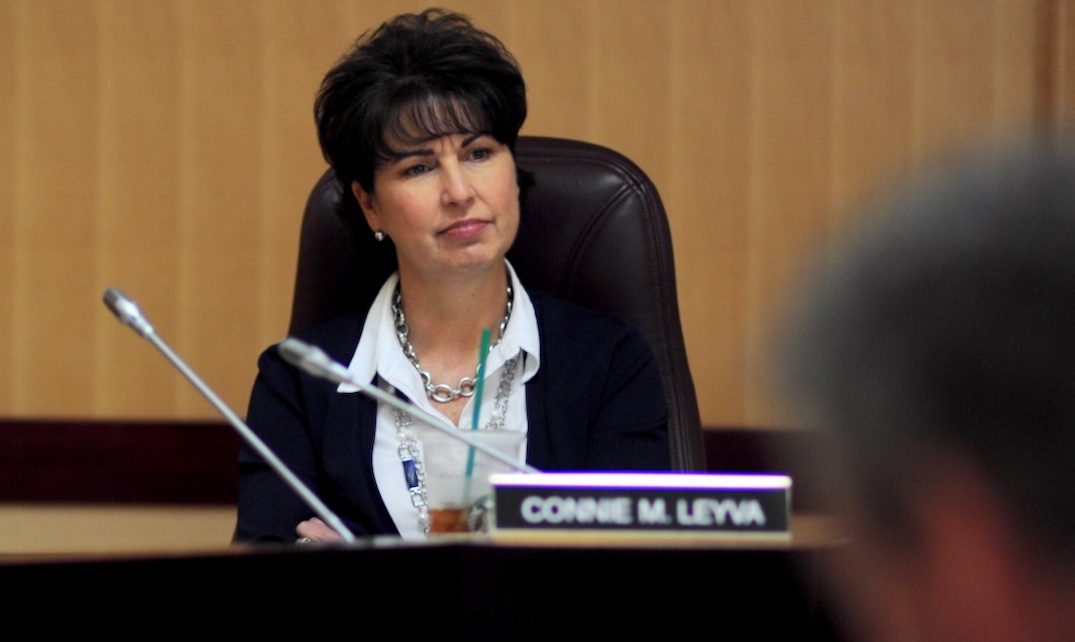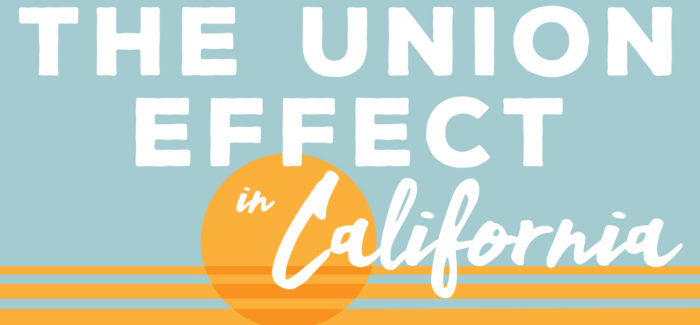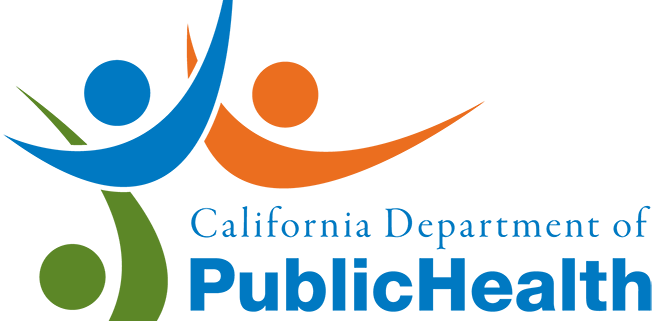
Sen. Connie M. Leyva. (Photo: Kevin Sanders for California Globe)
Secrecy Agreements Settling Actions Involving Public Health or Safety
SB 1149: ‘The consequences of such secrecy can be deadly’
By Chris Micheli, February 18, 2022 11:15 am
On February 16, Senator Connie Leyva introduced Senate Bill 1149 to prohibit agreements settling lawsuits involving public health or safety. SB 1149 would add Chapter 3.8 (commencing with Section 1002.9) to Title 14 of Part 2 of the Code of Civil Procedure. Under existing law, settlement agreements cannot preclude disclosure of factual information related to sexual harassment claims.
SB 1149 is intended to prohibit, and would be void as a matter of law, any provision related to a settlement agreement in an action the factual foundation for which establishes a cause of action for civil damages regarding a defective product or environmental condition that poses a danger to public health or safety that purports to restrict the disclosure of factual information related to that action.
Section One of the bill provides that it is known as “the Public Right to Know Act of 2022.”
Section Two of the bill provides ten legislative findings and declarations including that court records in California are presumed to be public as a matter of law. In addition, “Striking a balance between protecting certain aspects of litigant privacy and encouraging settlements of conflicts, on the one hand, and ensuring disclosure of evidence of dangers and harms vital to public safety, on the other, is vital to protecting public health and safety.”
In addition, “the consequences of such secrecy can be deadly. It is particularly important that California take steps to protect its citizens now in the wake of the efforts by the previous federal administration to diminish the effectiveness of agencies charged with oversight of dangers and protecting consumers.”
“Therefore, it is the intent of the Legislature to better protect all Californians, including its workers, from significant or substantial danger to public health or safety posed by a defective product or environmental condition, by creating a presumption against secrecy in civil litigation in cases involving a defective product or environmental condition where public health and safety are at particular risk, while at the same time reasonably protecting the privacy of civil awards and trade secrets.”
Section Three of the bill would add Chapter 3.8 (commencing with Section 1002.9) to Title 14 of Part 2 of the Code of Civil Procedure. Chapter 3.8 would be titled, “Agreements Settling Actions Involving Public Health or Safety.” Section 1002.9 would define the following terms:
- “Covered civil action” – a civil action for civil damages regarding a defective product or environmental condition that poses a danger to public health or safety.
- “Defective product or environmental condition that poses a danger to public health or safety” – a product or condition that has caused, or is likely to cause, significant or substantial bodily injury or illness, or death.
- “Trade secret” – same definition as in the Civil Code.
A provision within, or agreed to in connection with, a settlement agreement in a covered civil action that purports to restrict the disclosure of factual information related to the action is prohibited. In addition, there would be a presumption that the disclosure of information relating to a covered civil action is not to be restricted, and a court or arbitral tribunal would be prohibited from entering, by stipulation or otherwise, any order that restricts the disclosure of such information, with certain exceptions.
There could continue to be a provision or order that restricts the disclosure of any of the following information relating to a covered civil action:
- Medical information or personal identifying information regarding a person injured by a defective product or environmental condition.
- The amount of a settlement.
- Information relating to a current proprietary customer list or a trade secret. However, a court or arbitral tribunal could enter an order of nondisclosure of specified information if the party requesting the order demonstrates that the presumption in favor of disclosure is clearly outweighed by a specific and substantial overriding confidentiality interest.
- The citizenship or immigration status of any individual or group of individuals.
Provisions that violate this section would be void as a matter of law and as against public policy and cannot be enforced.
In addition, any person, including a representative of news media acting on behalf of the public, for whom it is reasonably foreseeable that the person will be substantially affected by a provision, agreement, or order that violates this section may challenge the provision, agreement, or order by motion in the covered civil action, or by bringing a separate action for declaratory relief in the superior court.
Moreover, an attorney’s failure to comply with the requirements of this section would be grounds for professional discipline.
This bill is expected to be heard in its first policy committee in late March or early April.
- General Provisions on Dismissals for Delay - March 5, 2026
- Aquaculture Disease Control - March 5, 2026
- Stay of Appeals - March 4, 2026




